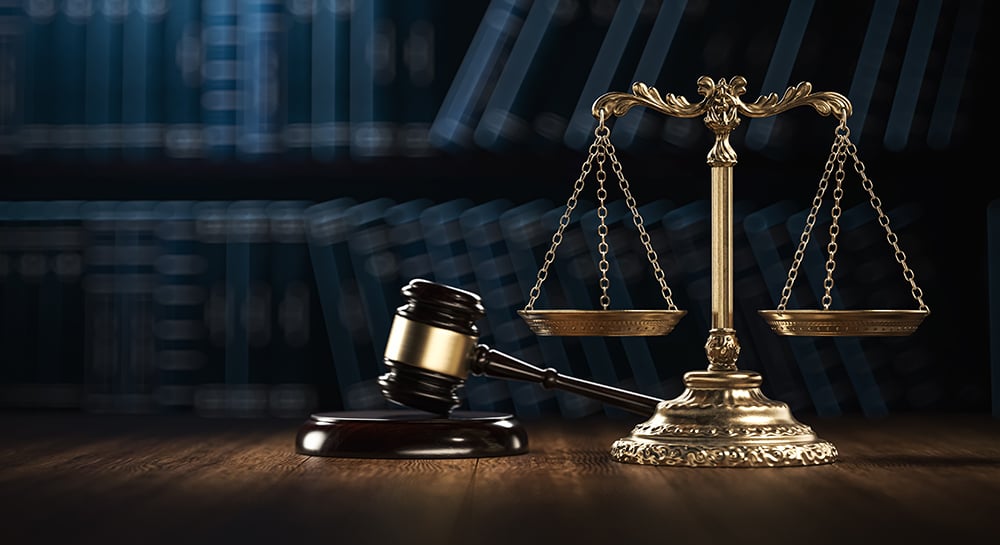
There are a lot of reasons why companies and individuals need professional valuation reports as part of their ongoing dealings. Collaborative transactions, such as leasing and financing, donations and gifting, estate transfer, and mergers and acquisitions, will always be part of an appraiser’s practice. That being said, company and personal disputes will always be a primary driver of business for experienced valuation professionals.
Partnerships in companies once built to last somehow weaken and crumble when decisions can no longer be mutually agreed upon. Husbands and wives, who once enjoyed a happy relationship can no longer tolerate each other and have no interest in agreeing to negotiate a fair divorce settlement due to built-up resentment and anger.
Companies collaborating on an exciting joint venture suddenly become untrustworthy of the other’s intentions and can no longer work together as a team.
I could go on with general examples, however, the point is, that there will always be disputes arising between businesses and individuals because that’s just the way life is. People you thought you trusted show their other side and eventually betray you. Others decide they want to change their habits and opinions about important issues and begin to butt heads with the ones they previously were in sync with. It’s simply human nature. Some can adapt and resolve things between themselves, however, many cannot.
When individuals begin to disagree, a wall often builds up between the parties that is impossible to tear down. What was an issue that at first could easily be negotiated or compromised on, suddenly morphs into a problem that has no right answer. Common sense goes out the window and eventually, third parties are brought in to decide the fate of the situation.
This is where outside consultants, like appraisers and industry experts, with a high level of experience, have opportunities to work independently to assist in the dispute and play a part in the eventual settlement or ruling of the case.
If you find yourself in a situation like this, professionally or personally, first look to hire a good attorney. Then, when the time is right, discuss the case with experienced accredited consultants, such as an equipment or business appraiser, who can work with you to develop unbiased opinions about the assets involved with the case.





